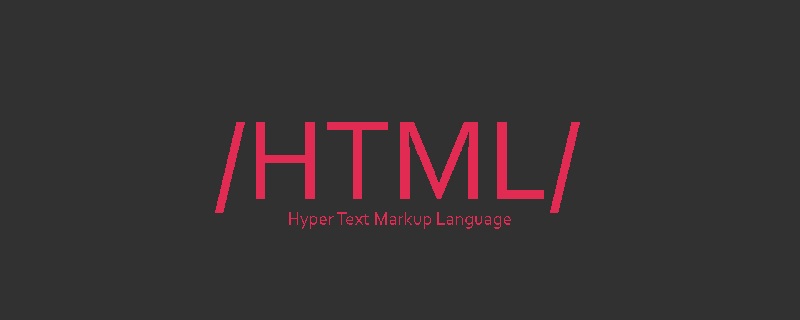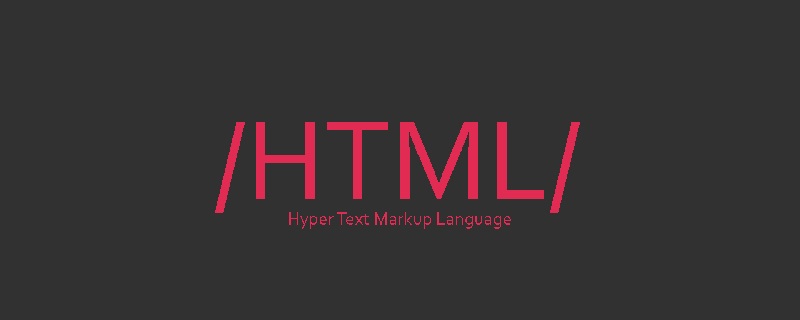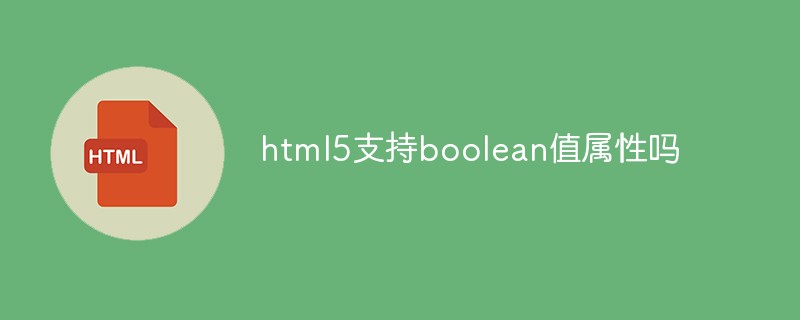In HTML, common URLs have many representations:
Relative URL:
example.php
demo/example.php
./example.php
../../example.php
/example.php
Absolute URL:
http://jb51.net/example.php
http://jb51.net:80/example.php
https://jb51.net/example.php
At the same time, there are a large number of element attribute values in HTML that are URLs. Generally, there are two methods to obtain these URL attribute values using JavaScript:
The absolute URL of the page at this time is http://jb51.net/
<script> <br />var oA = document.getElementById('example-a'); <br />oA.href == 'http://jb51.net/example.php' ; <br />oA.getAttribute('href') == 'example.php'; <br /></script>
We hope to get the complete absolute URL by directly accessing the attribute. Get its original attribute value through the getAttribute method. In fact, this is a relatively ideal result. Among all A-level browsers, only Firefox and IE8 can successfully obtain this result. Other browsers have more or less special circumstances. , please see the demonstration example for specific attributes of which elements exist.
The problem in most browsers is that both methods return the original attribute value, but in actual applications, what is often needed is its absolute URL. The solution in "Dealing with unqualified HREF values" is too Too complicated, here is a relatively simple solution, which will be very simple if you do not consider the difference in browser code:
<script> <br />var oForm = document.getElementById('example-form'); <br />//IE6, IE7, Safari, Chrome, Opera <br />oForm.action == 'example.php'; <br />oA.getAttribute('action') == 'example.php'; <br />//General solution for getting absolute URL<br />getQualifyURL(oForm,'action') == 'http://jb51.net/example.php'; <br />getQualifyURL = function(oEl,sAttr){ <br />var sUrl = oEl[sAttr], <br />oD, <br />bDo = false ; <br />//Is it a version before IE8<br />//http://www.thespanner.co.uk/2009/01/29/detecting-browsers-javascript-hacks/ <br />//http:/ /msdn.microsoft.com/en-us/library/7kx09ct1(VS.80).aspx <br />/*@cc_on <br />try{ <br />bDo = @_jscript_version < 5.8 ?true : @false; <br />}catch(e){ <br />bDo = false; <br />} <br />@*/ <br />//If it is Safari, Chrome and Opera <br />if(/a/.__proto__==' //' || /source/.test((/a/.toString '')) <br />|| /^function (/.test([].sort)){ <br />bDo = true; <br />} <br />if(bDo){ <br />oD = document.createElement('div'); <br />/* <br />//The result of the DOM operation will not change <br />var oA = document. createElement('a'); <br />oA.href = oEl[sAttr]; <br />oD.appendChild(oA); <br />*/ <br />oD.innerHTML = ['<a href="' ,sUrl,'">'].join(''); <br />sUrl = oD.firstChild.href; <br />} <br />return sUrl; <br />} <br />< ;/script> <br /></script>
There are some more interesting things about the two prehistoric browsers IE6 and IE7. The attribute values obtained by the two methods in the HTML elements A, AREA and IMG are Absolute URL. Fortunately, Microsoft provides a second parameter for getAttribute to solve this problem. At the same time, it can also solve the problem of the two methods mentioned above that both return the original attribute for IFEAM and LINK elements:
此时页面绝对URL是http://jb51.net/
<script> <br />var oA = document.getElementById('example-a'), <br />oLink = document.getElementById('example-a'); <br />oA.href == 'http://jb51.net/example.php'; <br />oA.getAttribute('href') == 'http://jb51.net/example.php'; <br />oA.getAttribute('href',2) == 'example.php'; <br />oLink.href == 'example.php'; <br />oLink.getAttribute('href') == 'example.php'; <br />oLink.getAttribute('href',4) == 'http://jb51.net/example.php'; <br /></script>
 HTML超文本标记语言--超在那里?(文档分析)Aug 02, 2022 pm 06:04 PM
HTML超文本标记语言--超在那里?(文档分析)Aug 02, 2022 pm 06:04 PM本篇文章带大家了解一下HTML(超文本标记语言),介绍一下HTML的本质,HTML文档的结构、HTML文档的基本标签和图像标签、列表、表格标签、媒体元素、表单,希望对大家有所帮助!
 html和css算编程语言吗Sep 21, 2022 pm 04:09 PM
html和css算编程语言吗Sep 21, 2022 pm 04:09 PM不算。html是一种用来告知浏览器如何组织页面的标记语言,而CSS是一种用来表现HTML或XML等文件样式的样式设计语言;html和css不具备很强的逻辑性和流程控制功能,缺乏灵活性,且html和css不能按照人类的设计对一件工作进行重复的循环,直至得到让人类满意的答案。
 web前端笔试题库之HTML篇Apr 21, 2022 am 11:56 AM
web前端笔试题库之HTML篇Apr 21, 2022 am 11:56 AM总结了一些web前端面试(笔试)题分享给大家,本篇文章就先给大家分享HTML部分的笔试题(附答案),大家可以自己做做,看看能答对几个!
 HTML5中画布标签是什么May 18, 2022 pm 04:55 PM
HTML5中画布标签是什么May 18, 2022 pm 04:55 PMHTML5中画布标签是“<canvas>”。canvas标签用于图形的绘制,它只是一个矩形的图形容器,绘制图形必须通过脚本(通常是JavaScript)来完成;开发者可利用多种js方法来在canvas中绘制路径、盒、圆、字符以及添加图像等。
 html5废弃了哪个列表标签Jun 01, 2022 pm 06:32 PM
html5废弃了哪个列表标签Jun 01, 2022 pm 06:32 PMhtml5废弃了dir列表标签。dir标签被用来定义目录列表,一般和li标签配合使用,在dir标签对中通过li标签来设置列表项,语法“<dir><li>列表项值</li>...</dir>”。HTML5已经不支持dir,可使用ul标签取代。
 html中document是什么Jun 17, 2022 pm 04:18 PM
html中document是什么Jun 17, 2022 pm 04:18 PM在html中,document是文档对象的意思,代表浏览器窗口的文档;document对象是window对象的子对象,所以可通过“window.document”属性对其进行访问,每个载入浏览器的HTML文档都会成为Document对象。
 html5支持boolean值属性吗Apr 22, 2022 pm 04:56 PM
html5支持boolean值属性吗Apr 22, 2022 pm 04:56 PMhtml5支持boolean值属性;boolean值属性指是属性值为true或者false的属性,如input元素中的disabled属性,不使用该属性表示值为flase,不禁用元素,使用该属性可以不设置属性值表示值为true,禁用元素。


Hot AI Tools

Undresser.AI Undress
AI-powered app for creating realistic nude photos

AI Clothes Remover
Online AI tool for removing clothes from photos.

Undress AI Tool
Undress images for free

Clothoff.io
AI clothes remover

AI Hentai Generator
Generate AI Hentai for free.

Hot Article

Hot Tools

SublimeText3 Chinese version
Chinese version, very easy to use

SublimeText3 Mac version
God-level code editing software (SublimeText3)

MantisBT
Mantis is an easy-to-deploy web-based defect tracking tool designed to aid in product defect tracking. It requires PHP, MySQL and a web server. Check out our demo and hosting services.

Dreamweaver CS6
Visual web development tools

DVWA
Damn Vulnerable Web App (DVWA) is a PHP/MySQL web application that is very vulnerable. Its main goals are to be an aid for security professionals to test their skills and tools in a legal environment, to help web developers better understand the process of securing web applications, and to help teachers/students teach/learn in a classroom environment Web application security. The goal of DVWA is to practice some of the most common web vulnerabilities through a simple and straightforward interface, with varying degrees of difficulty. Please note that this software







